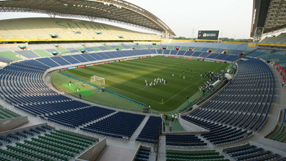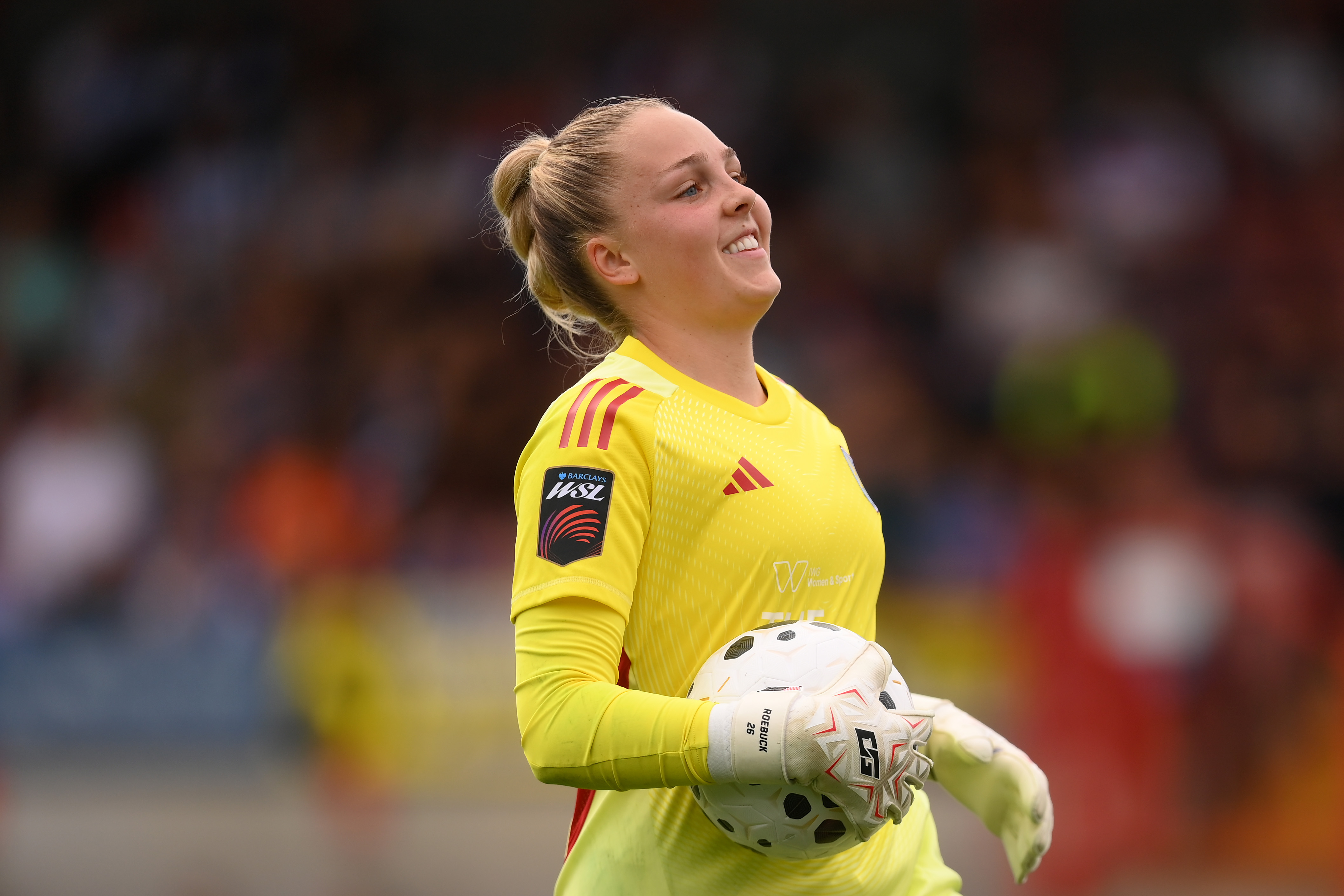
Japanese organisers would use Tokyo's proposed 100,000 capacity Olympic stadium plus venues from the 2002 World Cup, which the country co-hosted with South Korea.
"We probably won't be able to go for 2018 and 2022 if Tokyo does not get the 2016 Olympics," Japan Football Association (JFA) vice-president Junji Ogura told Reuters in an interview.
"We have to be realistic. The 2002 World Cup was a massive boost for Japanese football but it would be very difficult to bid for it again if the Olympic bid fails."
New FIFA rules require World Cup host countries build a stadium with a minimum capacity of 80,000 for the opening game and final.
Yokohama, venue for the 2002 World Cup final, has Japan's biggest stadium with a capacity of almost 70,000.
"We could add the extra seats where the running track is," said Ogura. "But an Olympic stadium would have more appeal for a Japanese bid and it would keep costs low, which is important."
The JFA will formally declare their interest in hosting the World Cup to FIFA by the Feb. 2 deadline. The hosts for both 2018 and 2022 will be announced in December 2010.
The best features, fun and footballing quizzes, straight to your inbox every week.
Spain and Portugal are the latest to throw their hats into the ring, the Iberian neighbours making a joint bid earlier this week.
ENGLAND CONTENDERS
England will be strong contenders, Belgium and the Netherlands want to co-host, while Russia, China, Australia, Canada and the United States are among other countries interested.
"In Asia we also have China, Australia and Qatar who have raised their hands," said Ogura, a member of the FIFA executive committee.
"We will need to put our heads together to devise the best strategy for Asia. If an Asian country wins the right to host the 2018 World Cup then we can't bid for the next two.
"But if we're fighting among ourselves Asia won't stand a chance. UEFA will be doing everything to bring the World Cup to Europe -- the Europeans are very clever at the political negotiating."
The 2010 World Cup will be held in South Africa while Brazil will host the 2014 tournament.
Should Tokyo win the 2016 Olympic vote, Japan will likely have more hope of staging the World Cup in 2022 than 2018, given that the country co-hosted the tournament in 2002.
"Maybe England are favourites," said Ogura. "They have not hosted the World Cup since 1966 and many people around the world would like to see the final played at Wembley.
"Their bid will be very strong. A European country will probably be favourite in 2018. Many of the major sponsors want the World Cup in Europe.
"Countries such as South Africa and Brazil are a long way away so they want the tournament to return to Europe on a regular basis, and FIFA knows the sponsors have to be kept happy."
